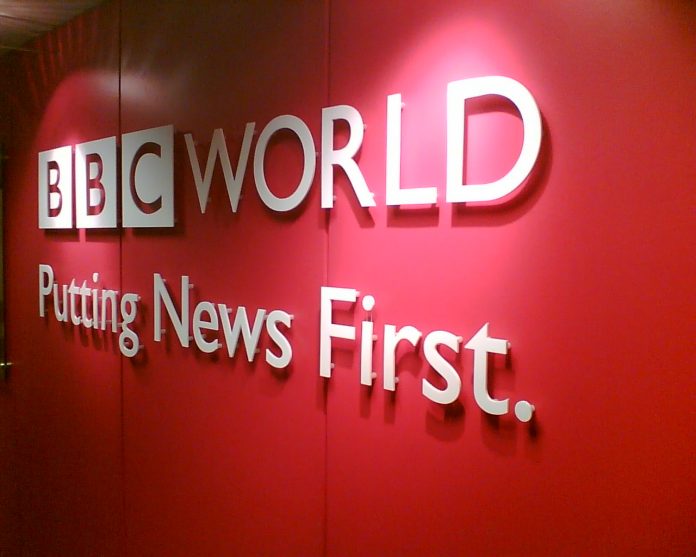The BBC is thinking about moving after Brexit. Belgium is on the shortlist, so is Ireland and the Netherlands.
The BBC will need EU-based licences for its international channels – which include BBC World, BBC Entertainment, BBC First, and BBC Earth – if it wishes to have them broadcast across the rest of Europe either after March 29, if the UK leaves without a deal, or after the transition period, should British Prime Minister Theresa May’s agreement be approved by parliament.
As reported by the Guardian, the prime minister has been seeking to include the audiovisual industry in a free trade agreement to avoid the problem, but her pleas have been ignored.
As a result, to secure a pan-EU broadcast licence, the BBC will need to have either its head office, or a significant part of the workforce of the relevant channel, or a satellite uplink in a member state to qualify for a licence there, a demand which could lead to the broadcaster moving some staff and operations into the EU.
More than 500 pan-European channels use licences issued by the British regulator Ofcom. International media companies reportedly spend about £1bn a year in the UK, making it the most significant such hub.
After Brexit, however, the licences are likely to be invalid as the UK will have left the EU’s single market.

